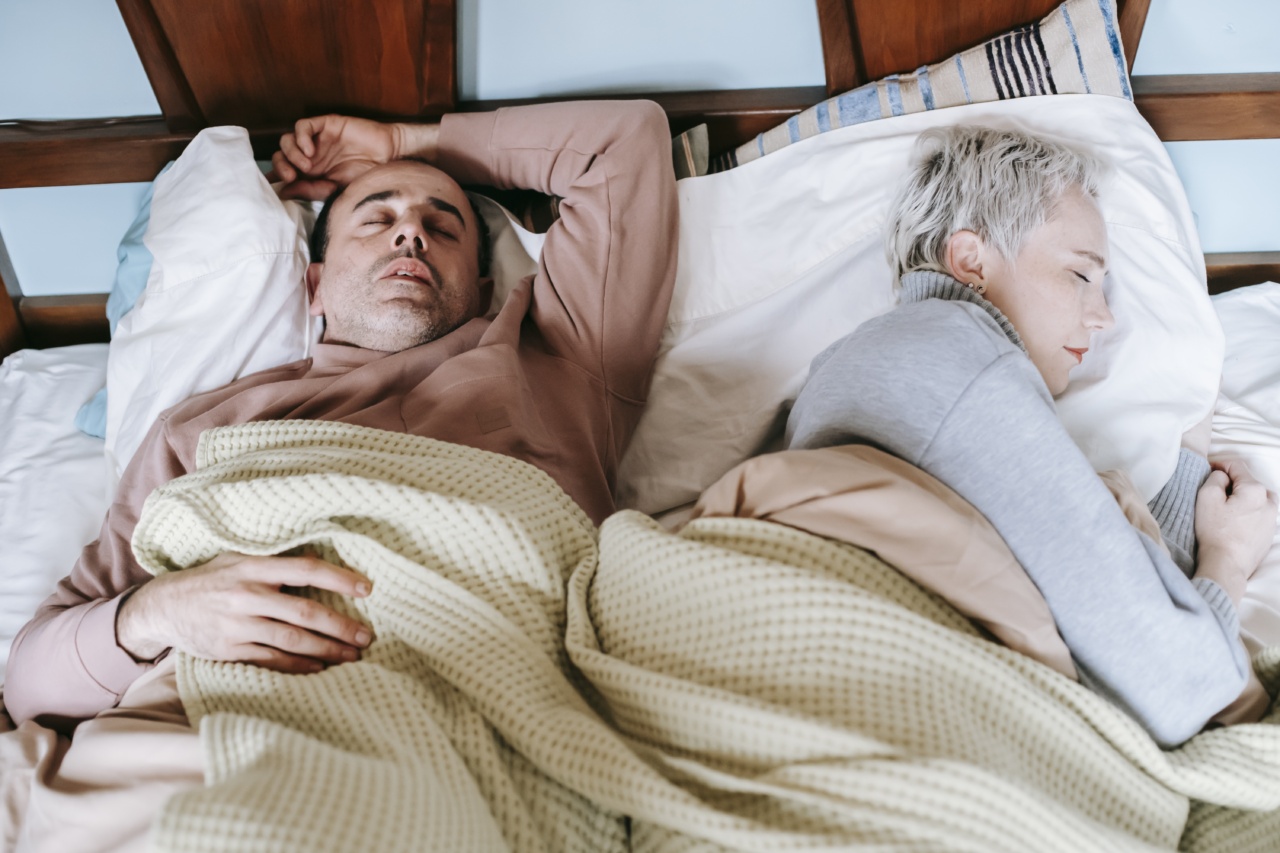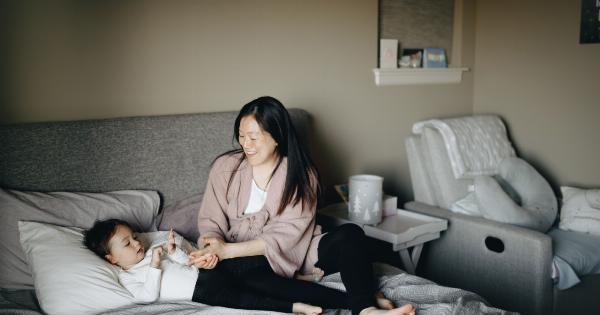Sleep is an essential function for the maintenance of human health and wellbeing, and a lack of adequate sleep has been linked with a range of negative outcomes, including depression, anxiety, obesity, and cardiovascular disease.
As we age, our sleep patterns tend to change, and many people find that they experience a reduction in both the quantity and quality of their sleep. There are many factors that can contribute to this reduction in sleep, and in this article, we will explore some of the most common causes.
Changes in circadian rhythm
One of the primary factors that can contribute to a reduction in sleep as we age is changes in our circadian rhythm. The circadian rhythm is our body’s internal clock, which regulates our sleep-wake cycle.
As we age, this internal clock can become less effective, and we may find that we have trouble falling asleep or staying asleep. This can be exacerbated by a lack of exposure to natural light, which is important for regulating our circadian rhythm.
Hormonal changes
Hormonal changes can also play a role in the reduction of sleep as we age. As we get older, the levels of hormones such as melatonin and growth hormone can decrease, which can impact our sleep patterns.
Melatonin is a hormone that is involved in the regulation of the sleep-wake cycle, and a decrease in its levels can make it harder to fall asleep. Growth hormone, on the other hand, is involved in the repair and regeneration of cells, and a decrease in its levels can impact the quality of our sleep.
Medical conditions
Many medical conditions can also contribute to a reduction in sleep as we age. Chronic pain, such as arthritis, can make it difficult to fall asleep or stay asleep, while conditions such as sleep apnea can also impact the quality of our sleep.
In addition, many medications that are commonly used by older adults can have side effects that impact sleep, such as causing drowsiness during the day or interfering with the sleep-wake cycle.
Psychological factors
Psychological factors can also play a role in the reduction of sleep as we age. Anxiety, depression, and other mental health conditions can all impact our sleep patterns, making it harder to fall asleep or stay asleep.
In addition, stress and worry can also interfere with our ability to get a good night’s rest.
Lifestyle factors
Finally, there are many lifestyle factors that can contribute to a reduction in sleep as we age.
Poor sleep habits, such as staying up late or sleeping in on the weekends, can disrupt our sleep-wake cycle and make it more difficult to fall asleep at night. In addition, factors such as caffeine intake, alcohol consumption, and exposure to screens before bed can all impact the quality of our sleep.
Conclusion
As we age, it is common to experience a reduction in both the quantity and quality of our sleep.
There are many factors that can contribute to this, including changes in our circadian rhythm, hormonal changes, medical conditions, psychological factors, and lifestyle factors.
While some of these factors are beyond our control, there are many steps that we can take to improve the quality of our sleep, such as practicing good sleep hygiene, getting regular exercise, and seeking treatment for any underlying medical or psychological conditions.































